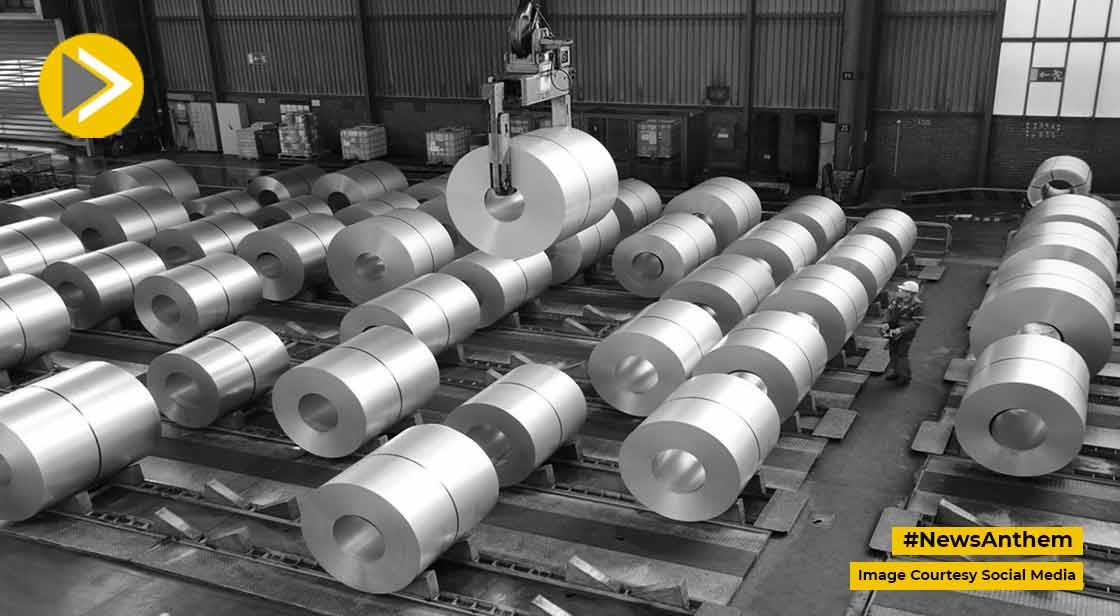Tax Burden of Steel Exporters May Reduce

News Synopsis
The rupee's depreciation to 80 per dollar has reduced domestic steel firms' export tax burden by slightly more than three percentage points, allowing them to increase capacity utilisation as imports are no longer profitable for traders.
However, because domestic steelmakers primarily use imported coking coal to fuel their blast furnaces in the absence of local availability, imports of the raw material will become expensive. According to industry officials, the more expensive raw material will not have an immediate impact on production costs because the impact is delayed.
According to one industry source, steel prices, which have been falling steadily since the first week of April, are unlikely to rise anytime soon, despite the fact that imports of both finished steel and coking coal will become more expensive. At best, this will assist the industry in increasing capacity utilisation, which is currently at 80-85 percent, and decreasing inventory.
Struggling to control inflation, the government imposed a 15% tax on steel exports on May 22 that covered approximately 95% of the steel export basket. From 77.5 to the dollar on May 23, the depreciation has absorbed slightly more than three percentage points of the tax burden.
While any further depreciation of the rupee will boost export competitiveness, it will make imports less appealing. According to industry sources, domestic prices and landed import costs for hot-rolled coil (HRC), the benchmark steel product, are nearly equal in the local market at around Rs 59,000-60,000 per tonne.
You May Like









